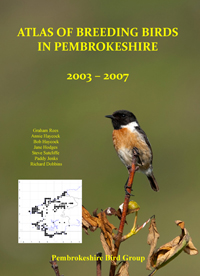Blackbird - 1894
 Sunday, September 26, 2010 at 12:22PM
Sunday, September 26, 2010 at 12:22PM Turdus merula.
A common resident. Its numbers rapidly increase when there has been a succession of mild winters, but like all the members of the Thrush family, it suffers much in a severe frost. The Blackbird is exceedingly pugnacious. One hard winter, when the snow lay for weeks upon the ground, and the temperature day after day was considerably below the freezing-point, our Blackbirds were nearly starved, and several times a day we put plates of barley-meal, bread, and scraps of meat at our dining-room window for their relief. Hungry as they were, the assembled birds, at least a score, never began to feed without a desperate combat, and the surface of the snow would be black with the feathers of the belligerents. One summer's evening a fox was seen to jump up into the air and capture a Blackbird as it flew out of one of our small covers. Clever fox!
Blackbirds are among the most restless of birds, and seem to be always on the move, as we learn from the reports of the movements of birds received from the lighthouses round the coast. There is hardly a day in the year when some do not strike against the lights. Many of these birds may be only making short local journeys, and taking their flight across the water from point to point.


Reader Comments